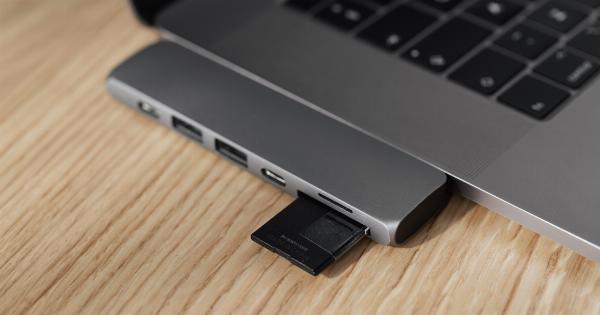Memory plays a vital role in our daily lives. It’s important to be able to recall information at work or school, and it enhances our ability to communicate and interact with others.
Unfortunately, stress, distractions, and busy schedules can often make it difficult to recall important information. In this article, you’ll learn several techniques to improve your memory recall, helping you to better retain and recall information.
1. Repeat, Repeat, Repeat
One of the best ways to improve your memory recall is to repeat the information you want to remember. Repeating the information can help to solidify it in your brain, allowing you to more easily recall it in the future.
This technique works best for short-term memory recall, such as remembering someone’s name or an address you’ve been given.
For example, if you meet someone new, try repeating their name when you first hear it. This can help to reinforce the name in your memory.
You can also try repeating important information to yourself several times throughout the day, especially before bed.
2. Use Mnemonics
Mnemonics are memory devices that can help you to remember information. They involve creating an association between the information you want to remember and something else that is easier to recall.
For example, you might create a mnemonic to help you remember a list of items, such as “ROY G. BIV” to remember the colors of the rainbow (Red, Orange, Yellow, Green, Blue, Indigo, Violet).
Some common types of mnemonics include acronyms (such as “NASA” for National Aeronautics and Space Administration), acrostics (such as “Every Good Boy Does Fine” to remember the notes on a music staff), and rhymes (such as “I before E except after C”).
3. Create a Mind Map
A mind map is a graphical representation of information that shows the relationships between different concepts. Creating a mind map can help you to better understand and remember information.
To create a mind map, start with a central idea and then branch out to related ideas. Use different colors, shapes, and symbols to represent different concepts and to make the map more visually appealing.
Mind maps can be especially helpful for students who are trying to memorize large amounts of information, such as history or science facts. They can also be useful for brainstorming and organizing ideas.
4. Visualize the Information
Visualizing information can also help to improve memory recall. This involves creating mental images of the information you want to remember.
For example, if you’re trying to remember a list of grocery items, you might visualize each item in your mind (such as a loaf of bread, a gallon of milk, and a carton of eggs).
You can also try associating the information with an image that is more memorable. For example, if you’re trying to remember an important date, you might associate it with a holiday or special event that occurred around the same time.
5. Pay Attention and Focus
One of the most important things you can do to improve your memory recall is to pay attention and focus when you’re learning new information.
Many people have difficulty remembering things simply because they weren’t fully paying attention when they learned it. When you’re trying to remember something, try to eliminate distractions and focus on the information at hand.
You can also try taking notes or repeating the information out loud to help reinforce it in your memory.
6. Exercise and Stay Active
Studies have shown that regular exercise can also improve memory recall. Exercise increases blood flow to the brain, which can help to improve cognitive function. It also helps to reduce stress, which can interfere with memory recall.
Try to get at least 30 minutes of moderate exercise each day, such as walking, biking, or swimming. You can also try brain-boosting activities such as yoga, tai chi, or meditation.
7. Get Enough Sleep
Getting enough sleep is also crucial for memory recall. When you’re sleep-deprived, your brain doesn’t function as well, which can make it more difficult to recall information. Aim for at least 7-8 hours of sleep each night to help improve memory recall.
8. Practice Retrieving Information
The process of recalling information from memory is a skill that can be improved with practice. You can improve your memory recall by actively practicing retrieving information from your memory.
This can involve testing yourself on information you’ve already learned or trying to recall information from previous experiences.
For example, if you’re trying to remember a conversation you had with someone, try to recall the details of the conversation without looking at any notes or other reminders. This will help to strengthen your memory recall skills.
9. Take Breaks and Create Associations
Finally, it’s important to take breaks and create associations to help improve memory recall. When you’re trying to remember something, taking a short break can help to reset your brain and improve your ability to recall the information.
You can also create associations between different ideas or concepts to help improve memory recall. For example, if you’re trying to remember a list of items, you might group them together based on a common trait or feature.
Conclusion
Memory recall is an important skill that can be improved with practice and the use of effective techniques.
By using repetition, mnemonics, mind maps, visualization, focus, exercise, sleep, retrieval practice, and breaks, you can improve your ability to store and retrieve information, enhancing your overall cognitive function.































